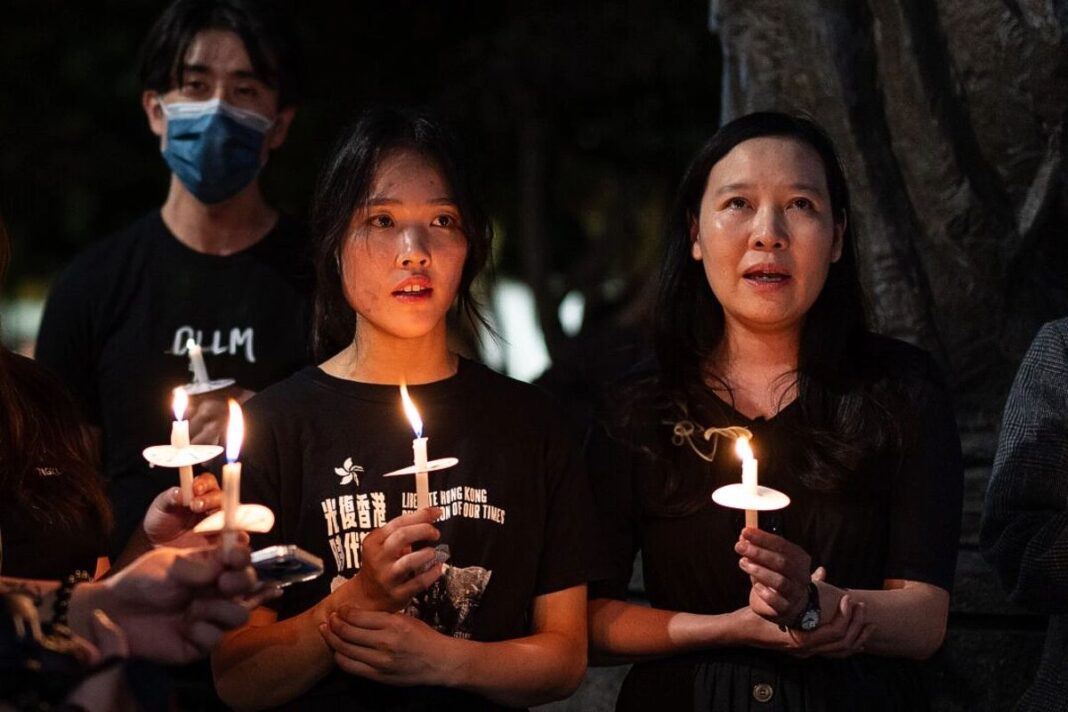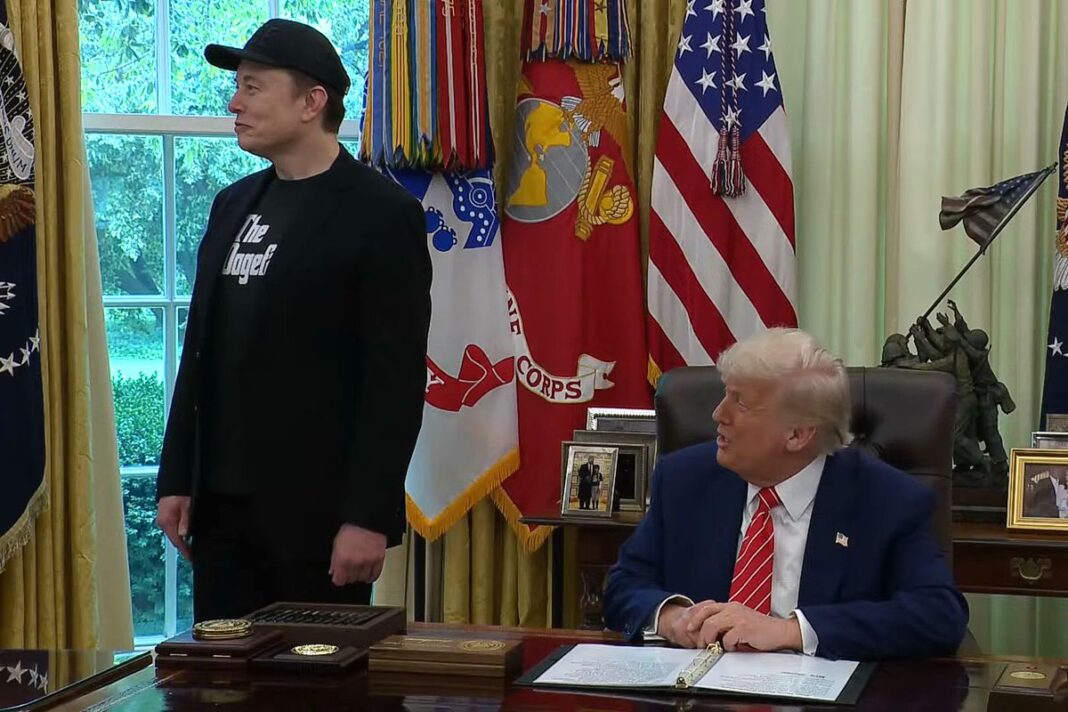‘There’s no forever for any governance, and I believe that authoritarians will only lead to one end, which is the end of them,’ activist Frances Hui said.
WASHINGTON—Activists held a memorial vigil on the evening of June 4 to pay tribute to pro-democracy protesters who died at China’s Tiananmen Square 36 years ago, while urging the world to hold the regime behind the killings to account.
That event, during which Chinese authorities used tanks and guns to crush and kill thousands of unarmed civilians who were calling for political reform, is now known as the 1989 Tiananmen Square massacre, a topic heavily censored in China by the Chinese Communist Party (CCP).
The occasion serves as a chance to commemorate those killed in the “horrific” event, said Eric Patterson, president and CEO of the Victims of Communism Memorial Foundation, which hosted the vigil. But more than that, he said, it is a chance to note reasons for hope.
“We recall that in Romania, and Hungary, and Poland, and many other countries, the lies and lawlessness of communism did fall by the wayside,” he said, noting that what happened to these communist regimes makes him hopeful that “there will be a new day in China at some point in the future.”
Rushan Abbas, executive director of the Washington-based advocacy group Campaign for Uyghurs, said the 1989 incident showed what the Chinese regime “was capable of doing.”
“Today, depression flows through black cells in Tibet, the streets of Hong Kong, and the concentration camps in Xinjiang,” Abbas said at the vigil.
“China’s long black arm even reaches us here in the land of the free and the home of the brave through threats and transnational repression that crosses borders.
“The CCP’s methods change, the targets shift, but the goal stays the same: obedience without truth, silence without peace, prosecution without accountability. While the CCP quietly works to replace freedom and democracy [with] this authoritarian rule, the world has been trained to treat its abuses as background noise.”
By Eva Fu and Frank Fang








